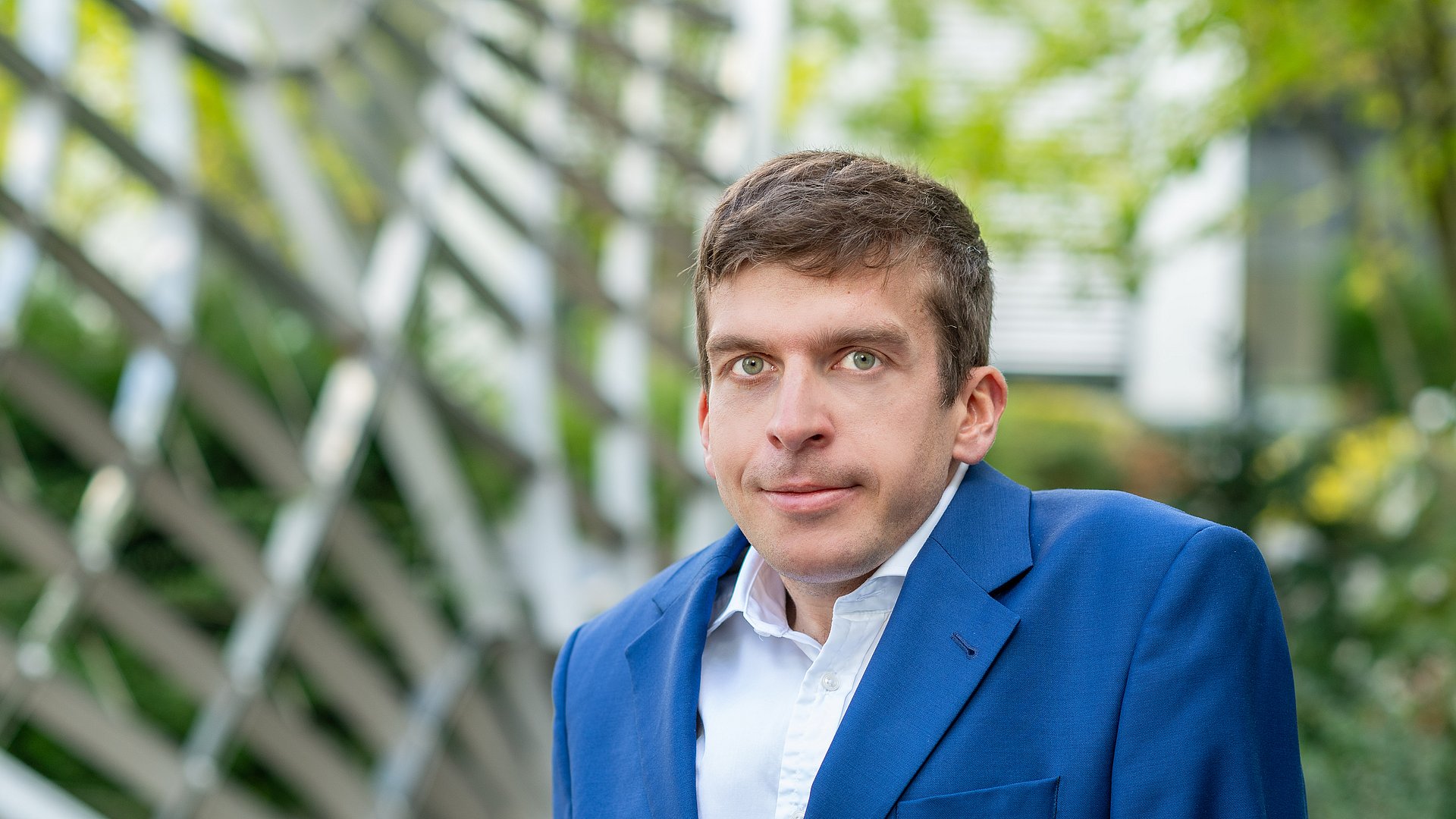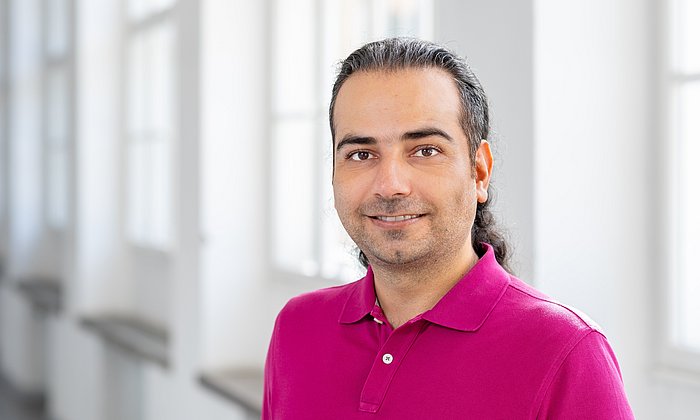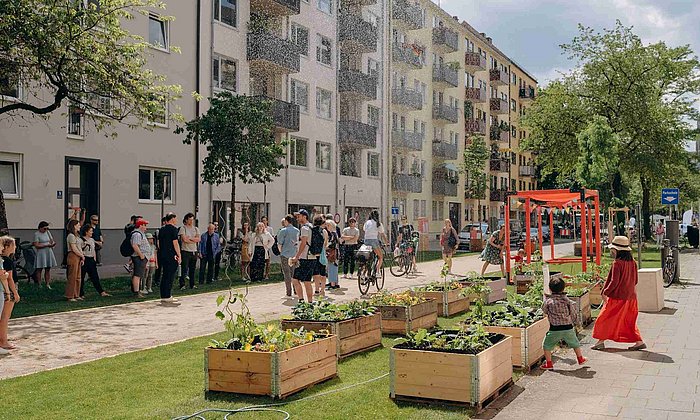NewIn: Allister Loder
“We don’t want to get rid of the car”
Annoyance over train delays, ‘flight shame’ and above all the ongoing battles over car traffic: things get emotional very quickly in your field of research. What does that mean for your work?
Our task as researchers is not to change reality but to offer advice and consultation. So our goal is not to get rid of the car. It will definitely remain one of the most important “accessibility machines”. But we want to study how society can find a reasonable way of dealing with the car. Because it’s clear that even a 20% reduction in car traffic would help to conserve ecological and economic resources.
We’ve been aware of this situation for quite some time. And there is no shortage of recommendations. What difference can further research make?
For a long time, recommendations tended to be made on an anecdotal basis, for example on the number of parking spaces allegedly needed when new apartments, supermarkets or barbershops were built. We want to conduct mobility research that is more evidence-based. And many questions are still studied as “islands”. But we have to look at the many factors and levels involved in the complex world of mobility and their interrelationships, for example the effects of new technologies in one transport sector on behavior in other sectors.
So you want to collect more data from everyday life, as in your study on the effects of the 9 euro ticket, in which people kept records of their mobility patterns?
Yes, we are now planning a study in which participants have a certain monthly budget for mobility and are asked to keep track of how they use it. This tracking has proven to be very successful. However, there are other forms of involvement that look promising, for example integration of citizens in the development of mobility services or mobility policy instruments, so that we can find out: What would really help you in your everyday lives? In the end, every political measure will only succeed to the extent that people get on board.
As a qualified engineer, you’re doing research on mobility policy. Why have you chosen the path to social sciences?
I always had wide-ranging interests and didn’t really know when I was starting my studies what direction to take. I initially decided to do a bachelor’s degree in mechatronics because there is so much going on in that field. After my master’s in energy science and technology I actually wanted to keep working in the energy sector. Because I wanted to apply a certain methodology with my Ph.D. supervisor, it was almost by chance that my thesis turned into a traffic question: “How many cars are enough for a city?” was the topic of my dissertation project, which was 50% social science. And traffic itself is actually a social science topic because of the human behavior.
After that you worked as a consultant for the Swiss National Railways. Switzerland is seen as the poster child for a good railway system. Cities such as Amsterdam, Barcelona and Paris are presented as role models for the transportation turnaround. Why does Germany struggle with these things?
We’re actually not as bad as some say. Compared to other countries, our cities have a very high percentage of cyclists and a large share of the population use public transportation. We have low numbers of traffic fatalities and most people are considerate toward others. Germany has its own manufacturers of electric cars, trains and bicycles and many societal actors are involved in infrastructure decisions.
So Munich is a good place for research and teaching on mobility policy?
Yes, this is a good spot because so much is possible here. Along with the many committed actors in NGOs, companies and government agencies, TUM is very well positioned and has a high international profile in this area. We have fantastic possibilities for working with different university departments. This semester I’m offering a lecture in marketing and mobility with Prof. Jochen Hartmann from the School of Management. Last year we gave a course on autonomous driving with the Chair of Automotive Technology.
Your research automatically follows you wherever you travel. What have you noticed in other countries lately?
It is indeed a good thing to take off your German-tinted glasses now and then. In the USA, where every municipality has its own fare system for public transportation, I was reminded of what an amazing achievement our MVV and similar regional fare systems are. On the other hand, perhaps we should think about moving away from our German tendency to see things in terms of timetables. In London the underground trains just come every two to five minutes without scheduled times. For us, that would help to lower the pressure in the boiler.
Allister Loder studied mechatronics at the Technical University of Hamburg and Energy Science and Technology at ETH Zurich. In 2019, he obtained his Ph.D. in transportation from ETH. He then joined Swiss Federal Railways (SBB) as a consultant for mobility data and simulations. From 2021 to 2023, he worked as a postdoc at the Chair of Traffic Engineering and Control at TUM. With Prof. Klaus Bogenberger he led the project Mobilität.Leben at the TUM Think Tank. In 2023, Prof. Loder founded a DFG-funded Emmy Noether research group and was appointed to the Professorship of Mobility Policy at the TUM School of Social Science and Technology.
Technical University of Munich
Corporate Communications Center
- Klaus Becker
- klaus.becker@tum.de
- presse@tum.de
- Teamwebsite
Contacts to this article:
Prof. Dr. Allister Loder
Technische Universität München (TUM)
Professorship of Mobility Policy
Tel.: +49 89 289 22436
allister.loder@tum.de






